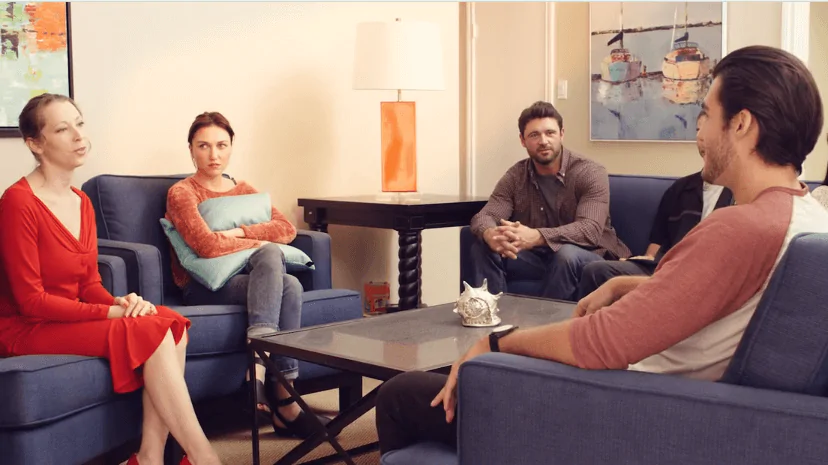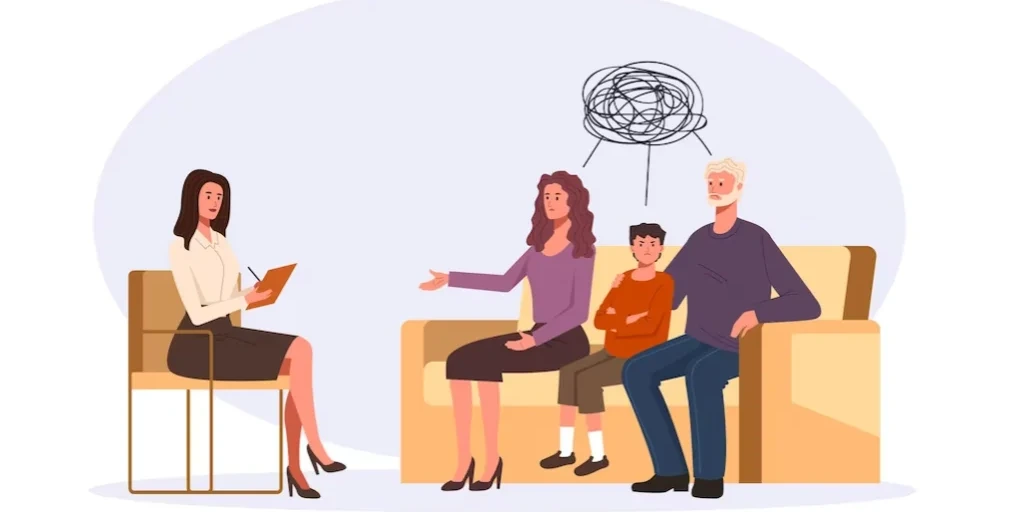24/7 Helpline:
(866) 899-221924/7 Helpline:
(866) 899-2219
Learn more about Residential Rehab centers in Bulloch County

Other Insurance Options

EmblemHealth

Ambetter

Absolute Total Care

BlueCross

Optum

Meritain

Health Net

Sliding scale payment assistance

Optima

Oxford

Private insurance

Health Choice

Medical Mutual of Ohio

Evernorth

Cigna

American Behavioral

Group Health Incorporated

ComPsych

Kaiser Permanente

MVP Healthcare

Bulloch Recovery Resources
Bulloch Recovery Resources is a private rehab located in Statesboro, Georgia. Bulloch Recovery Resou...

Reliance Treatment Center
Reliance Treatment Center is a private rehab located in Statesboro, Georgia. Reliance Treatment Cent...

Pineland – College Street
Pineland - College Street offers outpatient treatment for individuals with alcohol and/or substance ...

Transformations of Statesboro
Transformations of Statesboro is a public rehab located in Statesboro, Georgia. Transformations of S...

Willingway
Willingway is a treatment center that specializes in substance abuse and addiction. Delivering patie...


















AA – Alcoholics Anonymous – Statesboro Group
AA – Alcoholics Anonymous – Statesboro Group is a non-profit rehab located in Statesboro, Georgia. A...

Pineland – Denmark Street
Pineland - Denmark Street offers outpatient treatment for individuals with alcohol and/or substance ...

Pineland – Women’s Day Services
Pineland - Women's Day Services is a gender specific program designed to help women develop skills t...

Pineland – Women’s Residential
Pineland Women’s Residential is a drug and alcohol treatment center for adult women. They also provi...

Damascus Rehab
Damascus Rehab is a private rehab located in Statesboro, Georgia. Damascus Rehab specializes in the ...

Willingway – Women’s Residence
The Women’s Residence is an Extended Care Program at Willingway designed for women who have been una...

Pineland – Cypress Lake Road
Pineland - Cypress Lake Road offers inpatient treatment for women with alcohol and/or substance addi...

Georgia Southern University – Center for Addiction
Georgia Southern University – Center for Addiction is a private rehab located in Statesboro, Georgia...

Pineland – Zetterower Road
Pineland - Zetterower Road offers outpatient treatment for individuals with alcohol and/or substance...

Pineland – Zetterower Avenue
Pineland - Zetterower Avenue services is a public, not-for-profit community based organization that ...

Pineland – Simons Road
Pineland - Simons Road services is a public, not-for-profit community based organization that helps ...

Pineland – Gentilly Road
Pineland - Gentilly Road services is a public, not-for-profit community based organization that help...




































